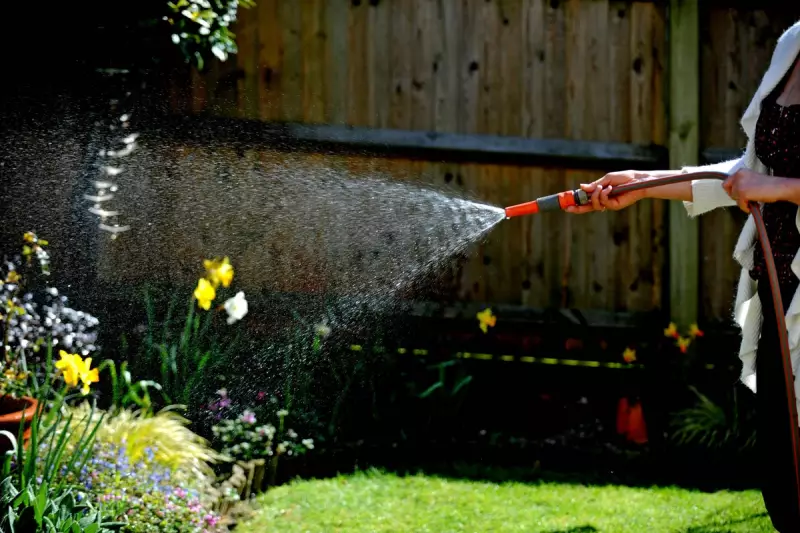
As parts of the UK face hosepipe bans due to prolonged dry spells, gardeners are scrambling to find ways to keep their plants alive without breaking water restrictions. The bans, implemented by several water companies, aim to conserve supplies during periods of low rainfall.
Why the hosepipe ban matters
Water companies have introduced temporary use bans (TUBs) across affected regions, prohibiting the use of hosepipes for watering gardens, washing cars, or filling paddling pools. These measures come as reservoir levels drop significantly after weeks of below-average rainfall.
Smart watering alternatives
Garden experts suggest several water-wise techniques:
- Water early or late: Water plants in the early morning or evening to reduce evaporation
- Target the roots: Use watering cans to direct water precisely where plants need it most
- Mulch magic: Apply organic mulch to retain soil moisture
- Greywater recycling: Reuse water from baths or washing up (without harsh chemicals)
Drought-resistant planting
Horticulturalists recommend considering drought-tolerant species for future planting. Mediterranean herbs like lavender and rosemary, along with succulents and certain grasses, can thrive with minimal watering.
The Royal Horticultural Society advises that established trees and shrubs typically need less intervention, while newly planted specimens and container plants require more careful attention during dry periods.





